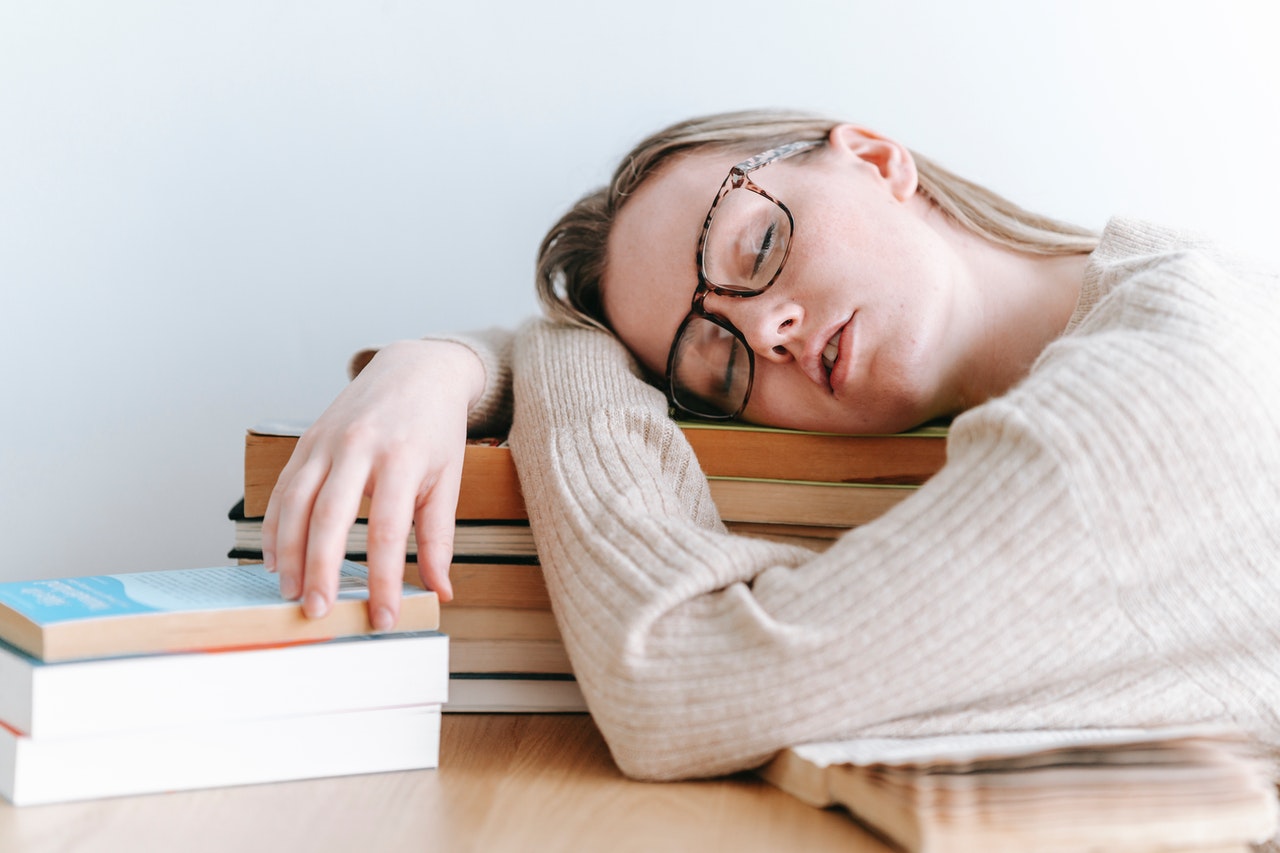As you get older, it’s normal to find that you’re not able to see, hear or smell things as well as when you were younger. Yes, you grow older and wiser, but you also feel older and less sharp in your senses. Luckily, there are preventative measures you can start taking now to preserve your senses as you grow older. Follow these tips to enjoy your senses for longer:
Save Your Sight
As you get older, your pupils can shrink up to a third of their original size and let less light into your eyes, which explains why it is harder to see in dim light. Your lenses also lose elasticity over time, which makes it harder for you to focus close up. The result is blurry vision. To help your vision:
- Place brighter lighting throughout your home.
- Regularly wear sunglasses when you’re driving or outdoors to shield your eyes from UVA and UVB rays. This saves your eyes from a lot of unnecessary damage.
- Go to the optometrist regularly to get checkups on your eyes. Regular exams help detect eye diseases early, which is when they are most treatable.
Preserve Your Sense of Smell
After 50, your sense of smell slowly diminishes as the nerves responsible for smell deteriorate. Your nose also produces less mucus, which means that odors may leave your nose too quickly to be detected by nerve endings. Antibiotics and other medications can also inhibit smell. To combat a diminished sense of smell:
- Eat foods high in zinc. This mineral is found in lamb, yogurt and seafood and is important to your sense of smell.
- Give up smoking, as smell receptors become damaged over time by cigarette chemicals.
- Stay away from food or environmental allergies that cause nasal congestion and dull smell receptors.
- Eat stimulating foods such as curry, horseradish, cinnamon and spearmint to arouse the trigeminal nerve that affects smell.
- Ward off colds, which diminish your sense of smell, by washing your hands often.
Help Your Hearing
Two causes of a diminished ability to hear are long-term exposure to loud noises and normal wear and tear on nerve cells in the ear. In fact, by age 65, one in three adults has some trouble hearing, according to the National Institute on Deafness and Other Communication Disorders (NIDCD). To prevent hearing loss as you get older:
- Stay away from environments that play overly loud music. If you anticipate that you’ll be in an environment with a lot of loud noises, bring a pair of earplugs to protect your ears. Take breaks from these environments when you are exposed to excess noise.
- When listening to music through headphones, keep the volume low to medium. If you feel like you’re not able to hear the music well, train your ears to get used to this volume and prevent further damage.
- Get your hearing evaluated by a professional.
- If you find that your hearing has already declined, there are options such as hearing aids and cochlear implants. However, preventative measures are best when it comes to caring for your hearing.





A pair of noise cancelling headphones makes it much easier to clearly listen to music at a much lower volume as they filter out the environmental sounds that regular headphones have to compete with.